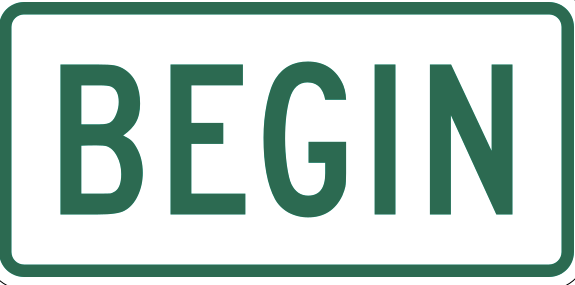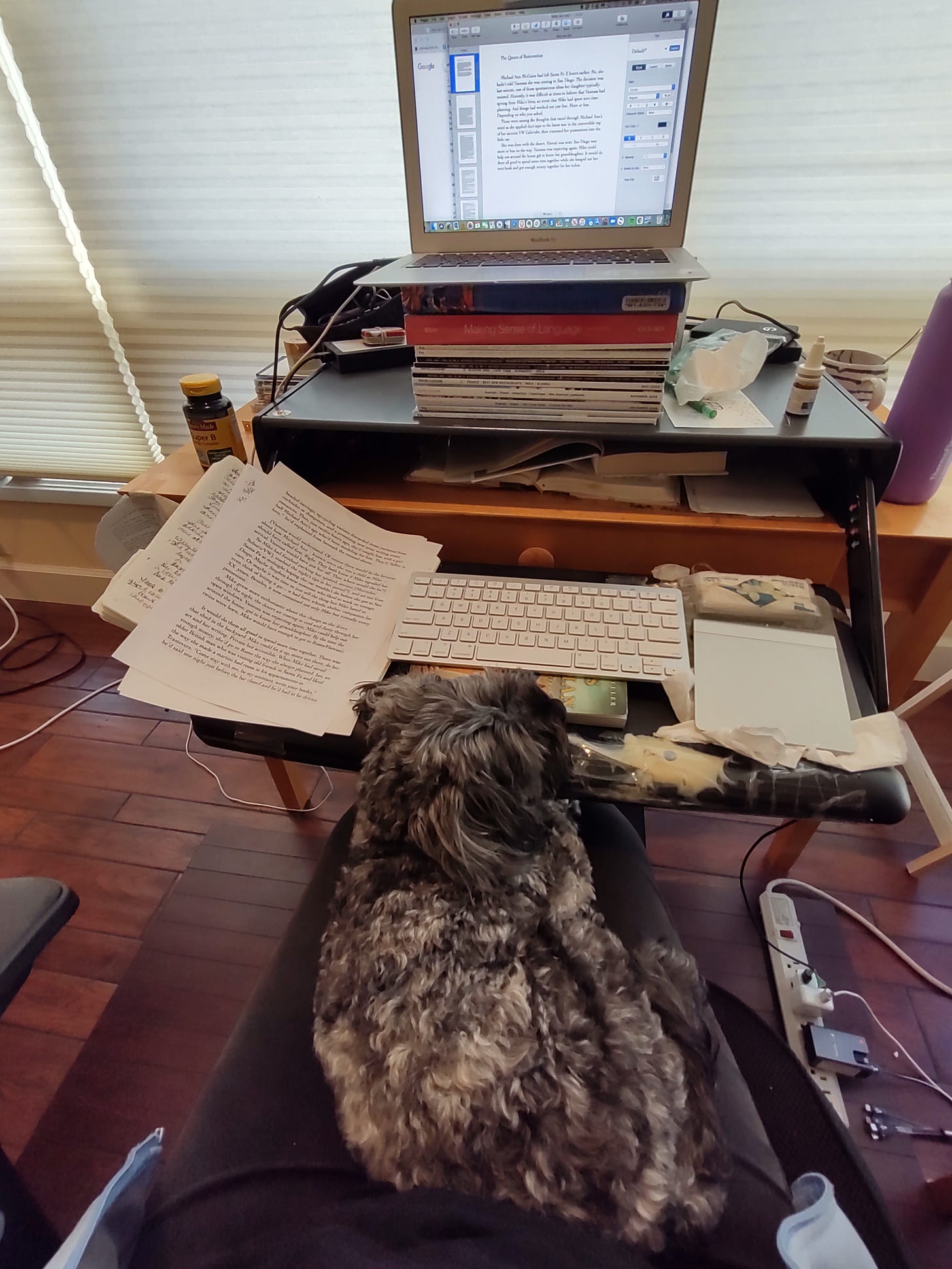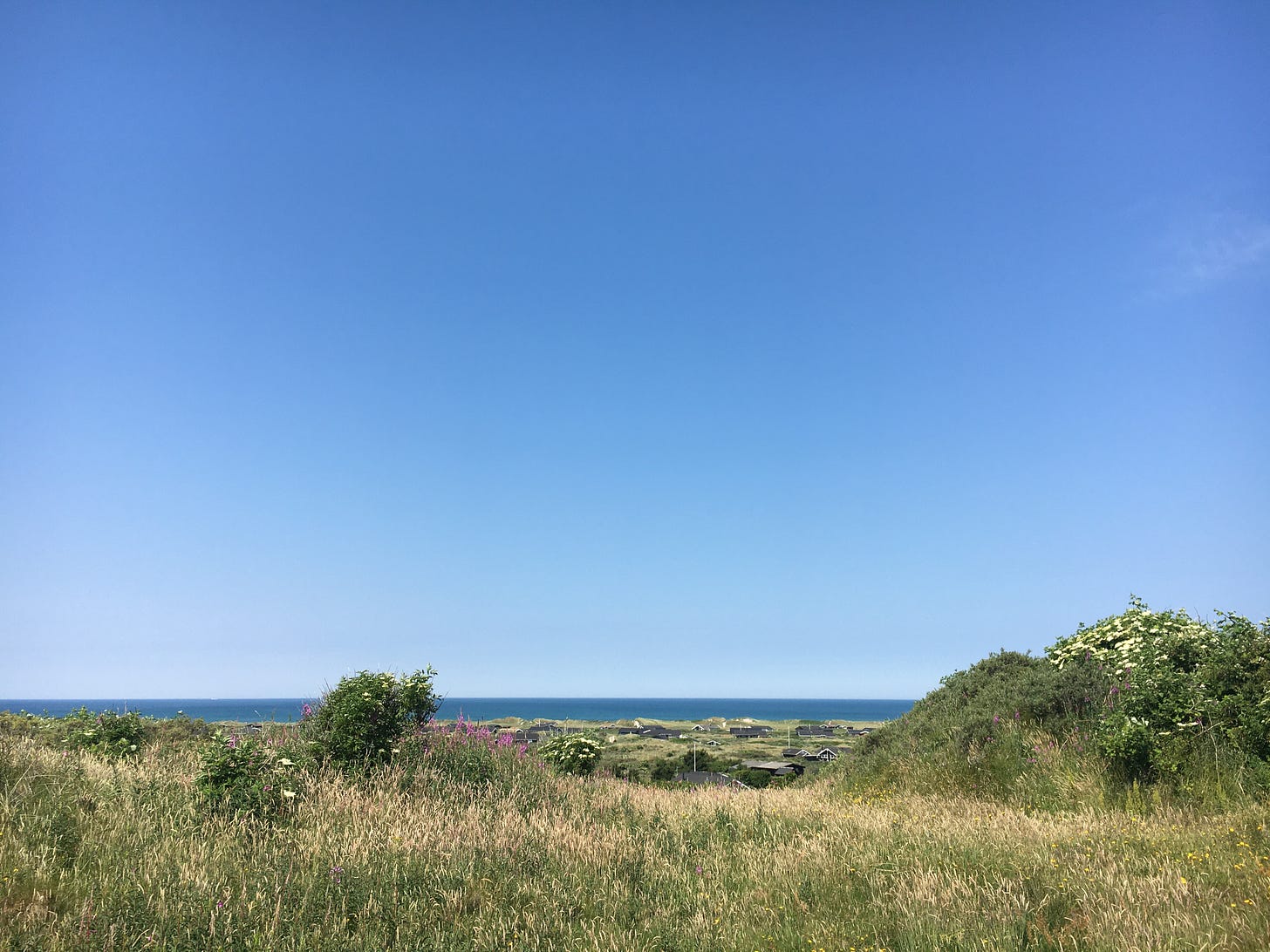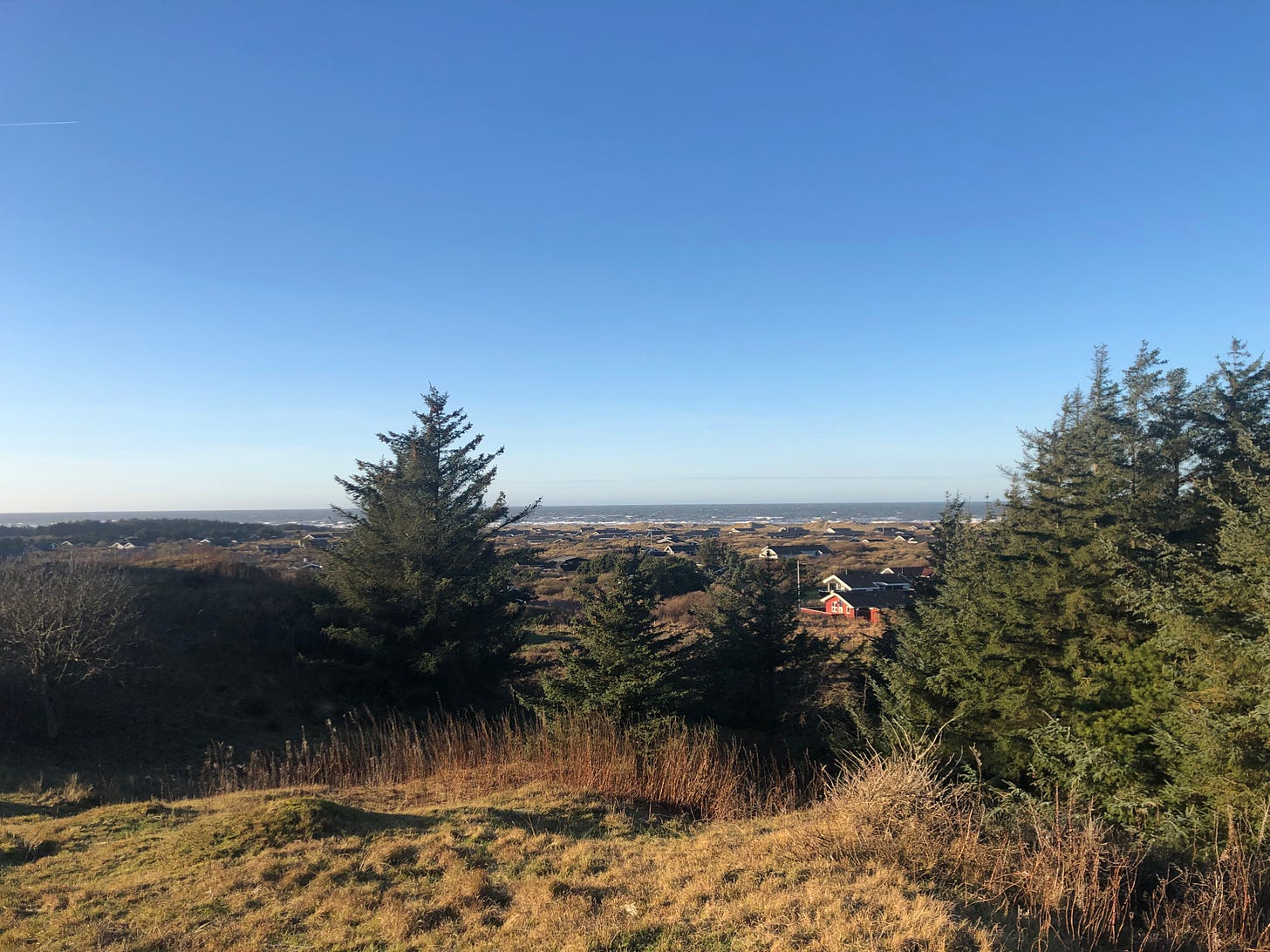Welcome! You’ve reached Spark. Learn more here or just read on. If you received this from a friend, please join us by subscribing. It’s free! All you have to do is press the button below:
In this issue:
Opening lines that keep me going
My attempt - opening scene from my novel-in-progress
Resources for readers and writers
Zen from Denmark
But first, tell me:
What opening lines of books you’ve read do you remember? Even if it isn’t word-for-word, what are the books that started so well you had to finish?
The Beginnings We Can Control
This week, in the middle of the pile of words that is my current novel-in-progress, I found myself re-reading the opening paragraphs, staring at them, and rethinking. Relax, I tell myself. If it is not right, I can change it.
If only that could work in real life, right? Immediately after typing these words, I am pulled back in time, reliving all the beginnings I cannot alter – but that’s not what I want to talk about today. I want to talk about the beginnings of stories, of novels, those stories we can control – most of the time. I’m going to follow up on last week’s idea to do something that feels risky by sharing the most current version of the first scene in my novel-in-progress. I’m not seeking feedback - I know there is more work to be done. I’m thinking of how, as a reader, I value glimpses into the messy world behind the finished art. I’m thinking of the writers among us who, every now and then, need to see that same messiness and know that it is part of the process.
Some writers and novels I look to for help
Some writers need to have the beginning in place before they can continue. Then they write chapter after chapter, rewriting as they go until they reach the end. Others start with a scene that winds up in the middle. Others start with the end so there is a target. I’ve tried all of these.
I wrote all of Casualties three times before I wrote the beginning that made it into the final version. My writer’s group (new at the time) kept sending me back until we all felt it was there.
Beginnings force you to think about what you want to say with the rest of the story. In that case, I needed to write the story to know what I needed to say in the opening chapter.
I obsess sometimes when I am trying to learn something. I don’t have an M.F.A. and don’t see that happening in my ever-shortening future. I remain a student, though. I’ve taken classes, participated in workshops, and am grateful for the writing groups I’ve been part of over the past 20 years. Mostly, though, I spend a lot of time reading with intention. I want to know how an author does what she does. I want to feel it when I type her words over – a tactile way to read; when I type, I can’t skim. In the process, I absorb not just meaning but the rhythm that results from the writer’s choices. Everything sinks in a little more deeply. I’ve read to learn about voice, about structure, about plot, about perspective. If I miss anything about being in school again, it is that opportunity to talk about what I’m observing, to see how others have processed it, to hear what I may have missed.
When I was struggling with beginnings, I read the first few pages of all the books I loved, books I didn’t. Even now, when I pick up a book for pleasure, I notice everything about the beginning.
Sometimes the beginning is the first line. No one will ever improve on Gabriel Garcia Marquez’ first sentence in his novel One Hundred Years of Solitude :
“Many years later, as he faced the firing squad, Colonel Aureliano Buendía was to remember that distant afternoon when his father took him to discover ice.” - One Hundred Years of Solitude by Gabriel Garzia Marquez
Sometimes it is several lines or paragraphs in. Margaret Atwood’s opening to The Blind Assassin is one of my all time favorite models, not necessarily because of this opening line:
“Ten days after the war ended, my sister Laura drove off a bridge.” -The Blind Assassin by Margaret Atwood
…but because of the way she introduced everything that was important to know before I proceeded and then dug the hook in deeper a few paragraphs later with:
“But some people can’t tell where it hurts. They can’t calm down. They can’t ever stop howling.” - The Blind Assassin by Margaret Atwood
Then there is John LeCarre’s The Tailor of Panama which does everything it needs to do in the first two paragraphs:
There are beginnings, like the opening to Carol Shields’ The Stone Diaries, that pull you so fast into an ordinary moment that you are not conscious of its ordinariness, only that you are already in the scene, feeling the boiling hot day, wondering what the heck a Malvern pudding is, and why she “took sick.” The only way to find out is to keep on reading.
There are beginnings that just strike like a snake and you are helpless. Again, John LeCarre with a sentence from his novel Single & Single that is also the first paragraph:
“This gun is not a gun.” - Single & Single by John LeCarre
First Scene in The Replacements (I think)
I don’t know how any of these writers arrived at their openings or when. I just know they worked for me and at the end of the day, you’ve got to start somewhere. I’ve started my current book with two women across from each other in the kitchen after a long night. I don’t know if this will be what appears in the final version – I’ve gone back and forth about it quite often, usually when I’m mired in the middle and just need to see something I’ve already written. When I check back, I see all the issues I continue to grapple with, decisions I still need to make – is this going to start with just one character or will both be equal in the opening scenes? How am I going to end this beginning? I have already written the scene that is serving as the placeholder for the end. I have a target. Does this paragraph launch the arrow with an aim that is true? I guess I won’t know until I’m finished. Anyway, here is the opening scene my novel with the working title (which means even that is not certain): The Replacements.
Charlotte never told anyone about the night she sat down at her son’s kitchen table, locked eyes with Michael Ann McGuire, and drew straws for her own granddaughter.
The table, with its scratched yellow formica and no longer-gleaming chrome, was, like each woman, past its prime. It had come with the little blue house which was also well past its youth but had been much prized by Charlotte’s son and Michael Ann’s daughter who had, until a few weeks earlier, called it home.
Overhead, a light fixture speckled with the carcasses of dead flies cast shadows across the table. The dog whimpered in its sleep then another smaller whimper followed. As one, each woman raised her head and trained her ears in the direction of their granddaughter’s bedroom where she’d finally settled down with her blanket clutched between her fingers. No more whimpers followed. But it was already nearly three in the morning. The dawn would come soon enough.
“Let’s get this over with,”Charlotte said.
Michael Ann sighed. “Just a minute.”
Charlotte watched Michael Ann pour two fingers and an extra splash of scotch into a pink and yellow sippy cup she’d filled with ice. Then, as if belatedly assuming the role of hostess, she pushed the bottle towards Charlotte. Charlotte reached for her beer instead.
“I prefer a clear head,” Charlotte said, the emphasis on the “I.” She took a slug from the bottle.
“Suit yourself.” Michael Ann said. She raised the cup, using both handles.
“Hmmphf,” said Charlotte. She grabbed the handful of straws clipped from a dirty broom she’d found in the shed out back and planned to toss when this was all over. She made sure the top of each straw was even and each of the uneven bottoms were hidden. Then she thrust them out as if they were a bouquet of headless chrysanthemums.
Each woman held the gaze of the other, as if afraid to look too hard at the straws themselves. Charlotte gripped them until her fingernails dug into her palm. “Three out of five,” she said. The minute she spoke, though, Charlotte wished she had said five out of seven, seven out of ten. She wasn’t ready. She’d never be ready. She should just stop all of this right now. But Michael Ann was already putting down the sippy cup. Now she was straightening her shoulders as if bracing herself.
As if from a long distance, Charlotte heard Michael Ann say, “Here goes.”
No, it was not Charlotte’s finest hour but, if pressed, she would say she had no regrets. No regrets at all.
Opening Lines: The Lists
Take a look at these lists. Do they contain any of your favorites? What opening lines would you add to any of them? Or, just share some books that you remember most because of the way they started.
Best first lines according to…
Penguin - includes this:
“The story so far: in the beginning, the universe was created. This has made a lot of people very angry and been widely regarded as a bad move.” -The Restaurant at the End of the Universe by Douglas Adams
and
“Ships at a distance have every man’s wish on board'“ - Their Eyes Were Watching God by Zora Neale Hurston
Book Riot - Includes this:
“Captain Ahab was neither my first husband, nor my last.” - Ahab’s Wife by Sena Jeter
And if you’re a Dickens lover, here are all his opening lines, including
“Whether I shall turn out to be the hero of my own life, or whether that station will be held by anybody else, these pages must show. “ - David Copperfield by Charles Dickens.
Another beginning: Resources for Readers and Writers
Over the next few months, I’m going to try to incorporate more of the ideas that came in from your responses to the Spark survey. We’ll see what works and what doesn’t together. To get started, here is the launch of two regular features that will highlight a few resources for readers and for writers. We’ll keep a running list that you can access and/or share any time. If you’ve got a favorite to add, please send it or put it in the comments. It will go on that list so others can benefit too.
For Readers Who Like to Dig Deep:
The Austen Connection - Looking to Jane Austen for themes that continue to resonate today. This newsletter is the brain child of Spark community member and NPR journalist “Plain Jane.” If you love all things Austen, or even if you’ve only seen the movies, you’ll find something here that will spark a thought or two you may not have considered.
The Big Read: War and Peace. I’ve not yet read Tolstoy’s War and Peace but if I were going to, I might do it with Jeremy Anderberg who read the entire book with his community last year and started over again this year. It’s not too late to get in on the conversation for 2022. Check it out here!
For Writers: Some New Lilly Dancyger Classes and “Prompt Church”
For those who want to keep track of Lilly Dancyger’s upcoming classes in nonfiction, subscribe to her periodic newsletter here and check out her classes on her website here.
And for those who believe in the sacred art of writing, there is “Prompt Church,” a generative writing workshop led by Judy Reeves that meets the fourth Sunday of every month beginning tomorrow, January 23rd. Learn more and register right here: “Prompt Church.”
That’s it for this week. Let me know how you are, what you’re thinking, and what you are reading or about to read. If you are looking for a new book and want to support local bookstores, check out the Spark Community Recommendations Page at bookshop.org where you’ll find the books mentioned in our newsletter (if available) or recommended by our community of readers and writers. Any earnings we generate will be donated to a literacy program selected by the community.
Ciao for now,
Gratefully,
Betsy
P.S. And Now, your moment of Zen…Norlev Beach in summer, and in winter
“This was taken from the hill I love to stand on,” says Tania P., who sent it from her home in Denmark.
Calling for Your Contribution to “Moment of Zen”
What is YOUR moment of Zen? Send me your photos, a video, a drawing, a song, a poem, or anything with a visual that moved you, thrilled you, calmed you. Or just cracked you up. This feature is wide open for your own personal interpretation.
Come on, go through your photos, your memories or just keep your eyes and ears to the ground and then share. Send your photos/links, etc. to me by replying to this email or simply by sending to: elizabethmarro@substack.com. The main guidelines are probably already obvious: don’t hurt anyone -- don’t send anything that violates the privacy of someone you love or even someone you hate, don’t send anything divisive, or aimed at disparaging others. Our Zen moments are to help us connect, to bond, to learn, to wonder, to share -- to escape the world for a little bit and return refreshed.
I can’t wait to see what you send!











Betsy, your opening paragraph definitely sets a mood and makes me want to keep reading more. A great beginning.
Your opening was wonderful and I was drawn right into the story. Look forward to more!
As for opening lines, there are so many. But here are two favorites:
Italian Shoes by Henning Mankell.
The opening line: “I always feel more lonely when it’s cold.”
Then from my favorite book, Crossing to Safety by Wallace Stegner: “Floating upward through a confusion of dreams and memory, curving like a trout through the rings of previous risings, I surface. My eyes open. I am awake.”